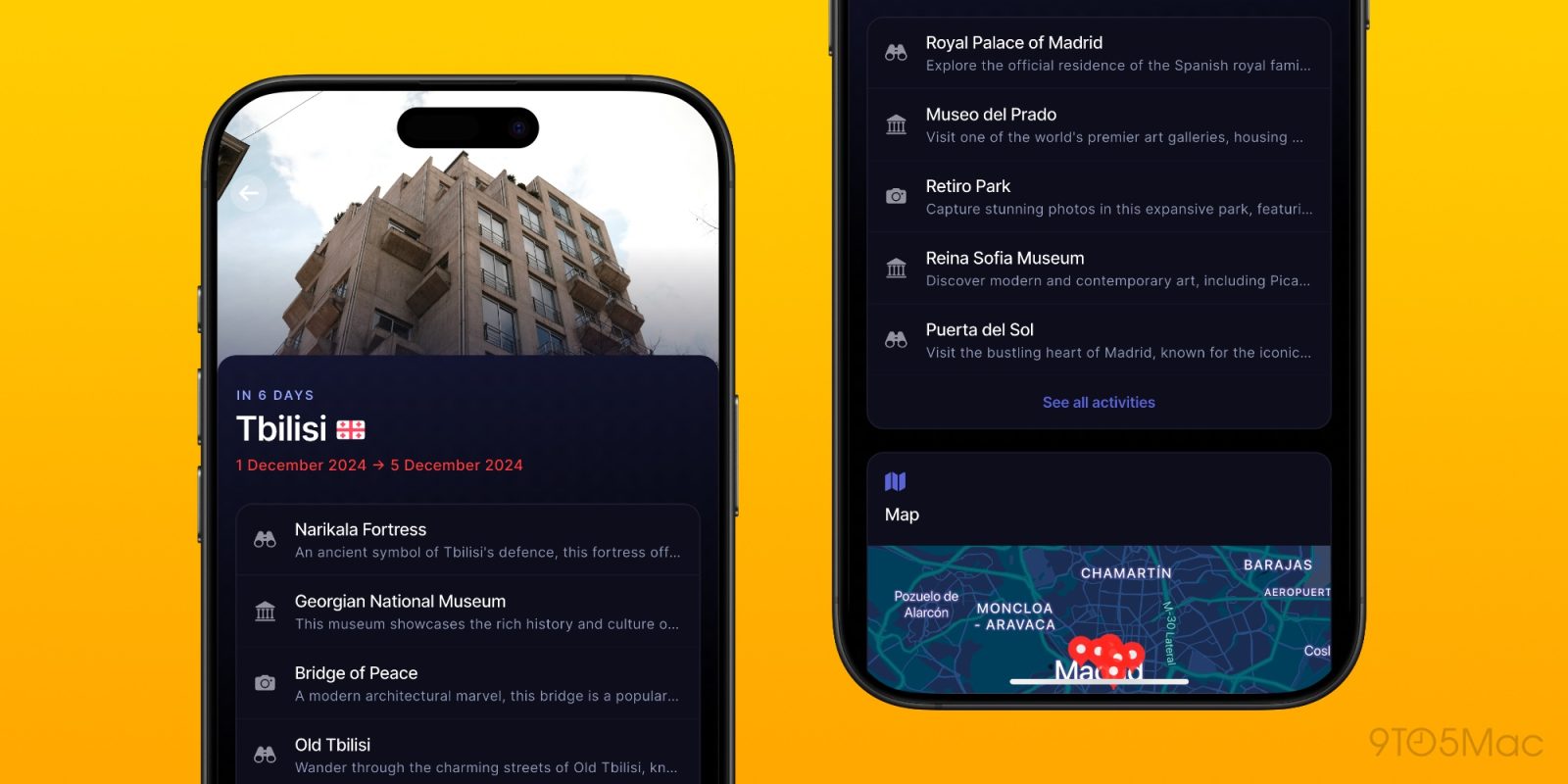Feelings of loneliness are becoming increasingly widespread in the United States, to the point where one in three Americans say they experience them frequently, according to the American Psychiatric Association. Young people seem particularly affected by this phenomenon, especially those who don't have college degrees. On the face of it, going to college is all about getting a degree that will then help you enter the job market.
But that's not the only advantage of higher education. A recent report by the Survey Center on American Life suggests that college graduates have a richer social life than young people of the same age who stopped studying after high school. The proof is in the figures: 24% of Americans with a high school education or less claim to have no close friends, compared to just 10% of college graduates.
Generally speaking, the most highly educated Americans have a much wider social circle than their peers with no college education. A third of those questioned by the Survey Center on American Life say they have at least six close friends. Only 17% of respondents with a high school education or less say the same.
Unfortunately, this trend is not new. "Roughly three decades ago, Americans with more formal education did not have larger social circles. In 1990, nearly half (49%) of Americans with a high school degree or less reported having at least six close friends – a slightly greater share than those with a college degree – while only 3% reported having no.


















